Opinion: Cavendish transfer a roll of the dice for rider and team
Dimension Data's identity in play after making marquee signing
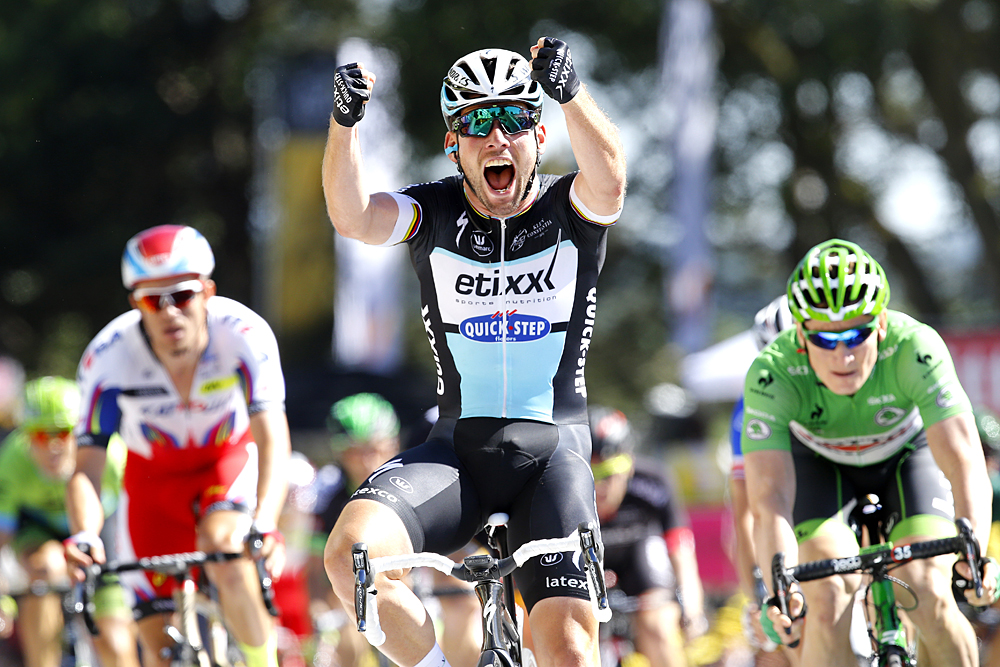
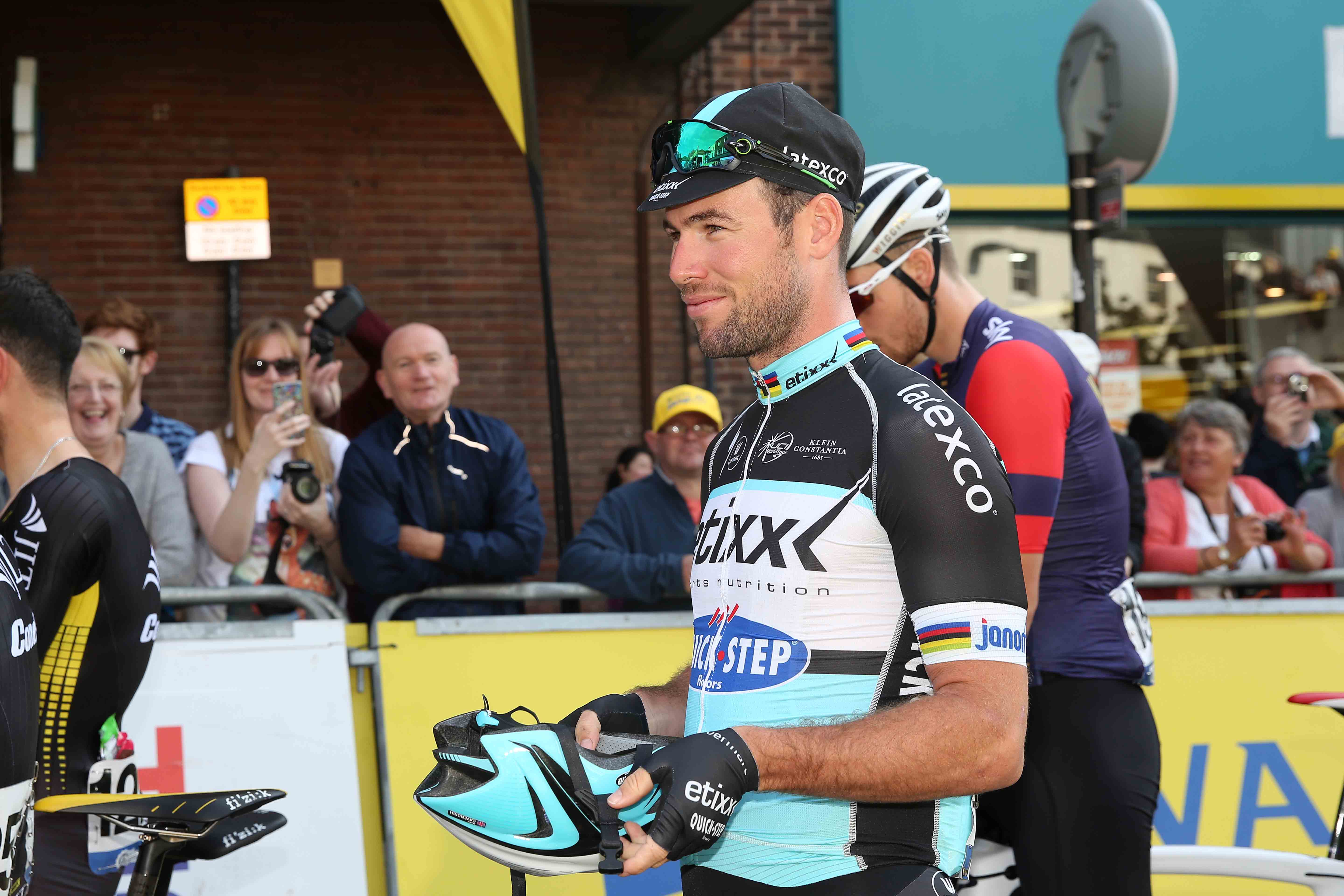
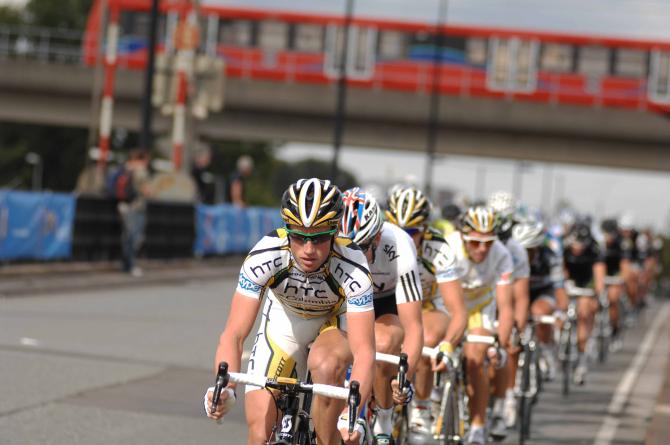
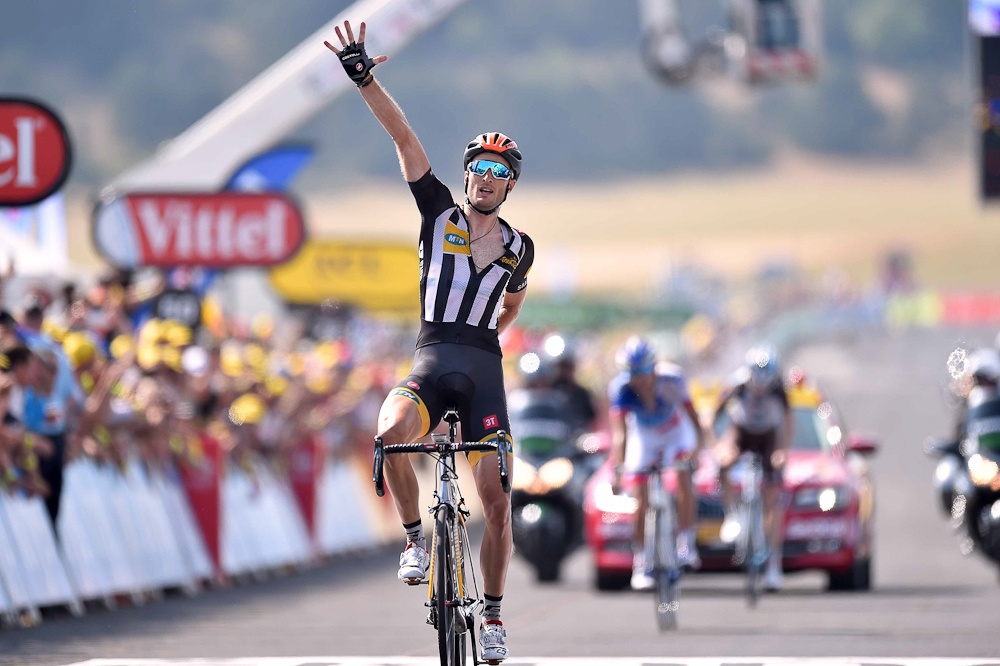
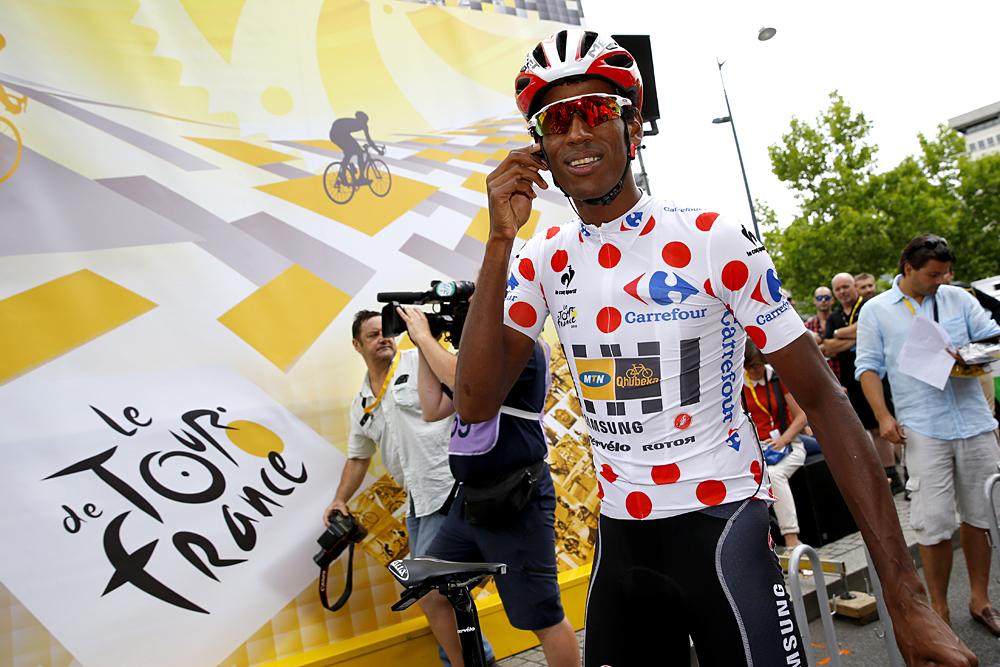
There is little doubt about it; Mark Cavendish's move from Etixx-QuickStep to MTN-Qhubeka (or Dimension Data, by the time he begins riding there) is one of the most intriguing cycling transfers in recent memory.
Whichever way you look at it, there is something slightly incongruous about the idea of the greatest sprinter of all time riding for a Pro Continental team. It also seemed a touch undignified for someone who has won 26 Tour de France stages and has only recently turned 30 to be unwanted by his team and struggling to find other options.
That, however, is more a reflection of the nature of the transfer market than of Cavendish himself, who, despite a waning success rate in Grand Tours, is still among the peloton’s most prolific winners. As he moves towards the twilight of his career, and continues to try and prove that his best years are not in fact behind him, the move represents something of a gamble, but will it pay off?
Only time will tell, of course, and at this juncture it is difficult to predict how things will shape up and play out for the Manxman. Etixx-QuickStep is clearly a far stronger all-round outfit than MTN. He will certainly miss the horsepower of Tony Martin, Zdenek Stybar, Michal Kwiatkowski and others, and you can’t help but feel that Dimension Data won't have the ability to command the bunch and lead a chase in the same way, at least initially.
That said, it was a rare occurrence during Cavendish’s three-year spell at Etixx that he had everyone gathered round him and dedicated to his cause. In a team that boasts such an array of talent, most riders had their own goals to think about and, despite claims things were steadily improving, Cavendish never really honed things into a smooth and consistent operation.
There has been plenty of talk of getting the band back together with the follow-up signings of Mark Renshaw and Bernard Eisel, Cavendish's support men from the finely-tuned, highly-successful HTC Highroad set-up. Though reunions can often be terrible ideas, there is no reason why they can't be the next Take That and enjoy renewed success. Their new team is hardly inexperienced when it comes to sprinting, either, with the likes of Tyler Farrar, Theo Bos, and Edvard Boasson Hagen amid the ranks.
However, what causes most doubt is the confusing and conflicting nature of the messaging sent out over the course of the transfer.
Get The Leadout Newsletter
The latest race content, interviews, features, reviews and expert buying guides, direct to your inbox!
Team manager Brian Smith, speaking to Cyclingnews about the signing, explained how he envisaged a "different Cav" in 2016, one who has the freedom to attack, to race more instinctively – in short, a Cavendish who is not just a bunch sprinter.
"He's arguably the best sprinter in the world and so has always had a lot of responsibility on his shoulders to win but I think it'd be great if Cav races more," said Smith. "I think if Mark gives up a few sprint chances but races more with his heart, it'll motivate him even more and the team as a whole. We don't want to pigeonhole Mark as just a sprinter. I think he can be far more than that."
However, if Smith’s words suggest forward thinking, the signings of Renshaw and Eisel smack of retrogression. A brazen attempt to reassemble some of the parts of that bygone HTC train would seem at odds with this proposed new philosophy.
There is no indication that either approach cannot provide success for Cavendish and the team – indeed, he showed his capabilities as a ‘racer’ in the British nationals this year with a brilliant ride to second (ahead of Ian Stannard and Luke Rowe) on a course which feature several ascents of a steep cobbled climb.
What remains to be seen is which approach is adhered to, and how wholeheartedly. There needs to be some clarity if the partnership is to breed the success it has the potential to.
Identity and African cycling
If this is a gamble for Cavendish personally then it is also a gamble for the team. Legitimate questions have been raised that the move may afford fewer spaces in line-ups to African riders, the development of whom has been a key tenet of team’s ethos since its inception in 2007.
The team’s story thus far has been an unlikely tale of progress that has really captured the public’s imagination. From Gerald Ciolek’s victory at Milano-San Remo in 2013, the team has gone from strength to strength, reaching milestone after milestone. They made their Grand Tour debut at the Vuelta a Espana in 2013 and followed that up by becoming the first African-registered trade team to ride the Tour de France, to which they took five African riders. Eritrean Daniel Teklehaimanot wore the polka dot jersey there – as he had done in the Dauphiné – and Steve Cummings' landmark stage win there was soon followed by Kristian Sbaragli's stage in at the Vuelta.
However, there comes a point when the team cannot continue to trade on the same narrative of plucky minnows, from a continent far from cycling’s heartlands, punching above their weight.
Being the first African registered trade team to ride the Tour was an amazing story that generated a great deal of warmth and publicity, but it is not one they can go back and sell again. The signing of Cavendish represents the logical next step in maintaining that sense of progression.
However the Manxman performs, it is an almighty statement of intent and will undoubtedly draw increased attention to the team - in Africa and the world over. Cavendish, as he has shown with other off-the-bike pursuits, is a charismatic ambassador, and you sense that his presence will only help the cause of inspiring those in South Africa and beyond.
On the bike, meanwhile, Cavendish has the potential to single-handedly revolutionise the success rate of the team. MTN as a whole have racked up 18 victories so far this year. Cavendish has accrued 14 by himself and has been forced to end his season early after shoulder surgery. What is more, he is only 30, some three years younger than André Greipel, the man who won four stages at the Tour this year.
In terms of the team’s commitment to developing cycling in Africa, it remains to be seen how this develops with the big changes to the team that have occurred in recent months. The departure of Louis Meintjes to Lampre-Merida was seen as a blow – a South African stepping up to WorldTour level, though, is in itself a positive – but they made the important step of retaining six members of their African contingent, including the promising Merhawi Kudus.
Distributing opportunities between those Africans in a Cavendish-oriented squad is the one hurdle but perhaps the more important issue is how the team invests in African cycling as grass roots level. Will the new sponsorship money from Deloitte and Dimension Data all go on Cavendish’s wages, or will they step up their investment once more in the World Cycling Centre Africa?
With support from MTN-Qhubeka in terms of funding and equipment donations, the Centre - a branch of the UCI's World Cycling Centre - has played an important role in developing African talent over the past few years and houses the MTN-Qhubeka feeder set-up. However, the team has had to reduce its funding in the last couple of years and is currently weighing up how it will support the set-up from next year, which will be influenced by the team's possible move to WorldTour level.
Investing in Cavendish hardly signals a departure from the commitment to the development of African cycling, but it would seem important in terms of the team's self-styled ethos - and the warmth it has generated thus far - that the focus on the bottom of the ladder is still visible while huge strides forward are being made at the top of it.
Essentially, there is no doubt that Cavendish's signing is a 'game changer', both for team and rider. The team is growing and evolving, but not without risk to its public perception. They are similar forces at play for Cavendish, whose place in the pantheon of cycling greats will be heavily shaped over the next three years. There is every suggestion, though, that this could be a mutually beneficial union.
Patrick is a freelance sports writer and editor. He’s an NCTJ-accredited journalist with a bachelor’s degree in modern languages (French and Spanish). Patrick worked full-time at Cyclingnews for eight years between 2015 and 2023, latterly as Deputy Editor.
